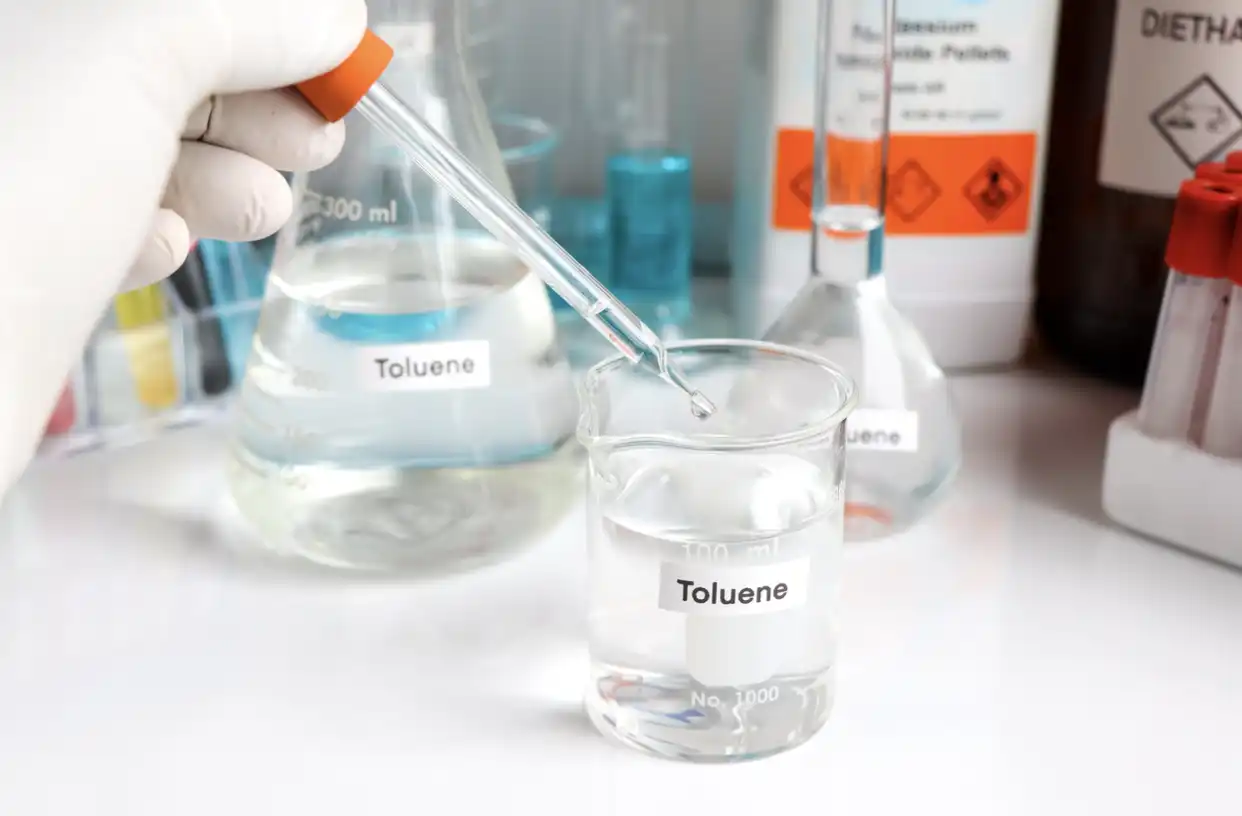Urea is a molecular nitrogen fertilizer that cannot be directly absorbed in large quantities by crops. It must be applied to the soil and converted into ammonium carbonate (also known as ammonium nitrogen fertilizer) by the action of urease secreted by soil microorganisms before crops can absorb and utilize it in large quantities.

The speed of urea conversion mainly depends on the amount and activity of urease, which is affected by many factors as follows:
- Soil pH. The conversion rate of urea in neutral soil is significantly higher than that in acidic or alkaline soil; neutral environment is more suitable for microbial activity.
- Soil fertility. Since the urease content in fertile soil is higher than that in poor soil, the conversion rate of urea in fertile soil is fast.
- Soil temperature. Soil temperature has a significant effect on the conversion rate of urea. According to data, when the soil temperature is 10℃, it takes 7-10 days for all urea to be converted; 4-5 days at 20℃; if the soil temperature reaches 30℃, it only takes 2 days to convert all urea.
- Soil moisture. The urease hydrolysis of clay loam with high soil moisture content is strong. According to research, at 25-30℃, when the soil humidity is 70%, the peak of ammoniation occurs one day after the application of urea, and 28% of the urea is converted into ammonium nitrogen and absorbed by crops; on the contrary, when the soil moisture is insufficient and the water content is low, the urea conversion is slow.
In short, according to the characteristics of urea that needs to be converted after it is applied to the soil, in order to better exert the fertilizer effect, it should be applied 3-6 days in advance according to specific conditions, so that it can be converted into ammonium nitrogen in time for crops to absorb and utilize.
Urea contains 46% nitrogen and is the most commonly used high-quality nitrogen fertilizer in production, but the utilization rate of urea after it is applied to the soil is usually only 45%-50%. In addition to early application of urea, the following two methods can be combined to achieve higher fertilizer utilization:
- Deep application of urea
Whether it is used as base fertilizer or topdressing, it should be deeply applied and covered with soil, and the fertilization depth should be 10-12 cm; deep application of urea can significantly improve the utilization rate. According to tests, the utilization rate of urea is only 30% when applied superficially or shallowly 2-3 cm; the utilization rate is 45% when applied at a depth of 5 cm; and the utilization rate can reach 65% when applied deeply 10-20 cm.
- Mixed urea
The application of urea in combination with organic fertilizer, phosphorus and potassium fertilizer and trace element fertilizer can maintain the balance of soil nutrients, maximize the utilization rate of nutrients and give full play to the yield-increasing effect of fertilizers.



